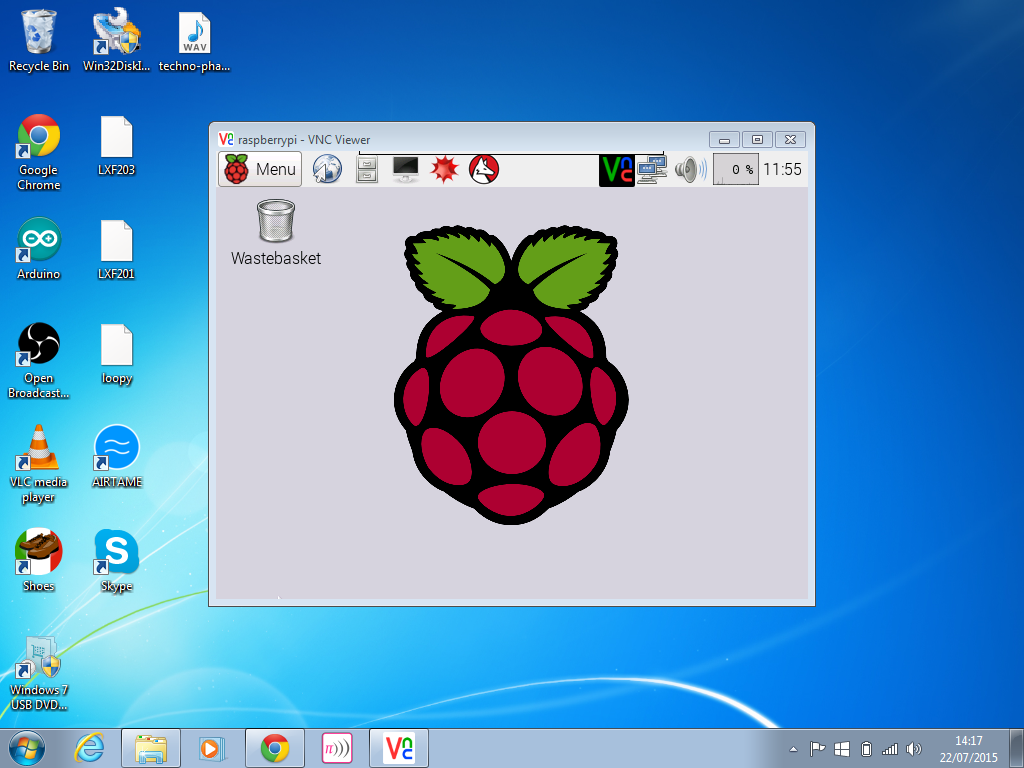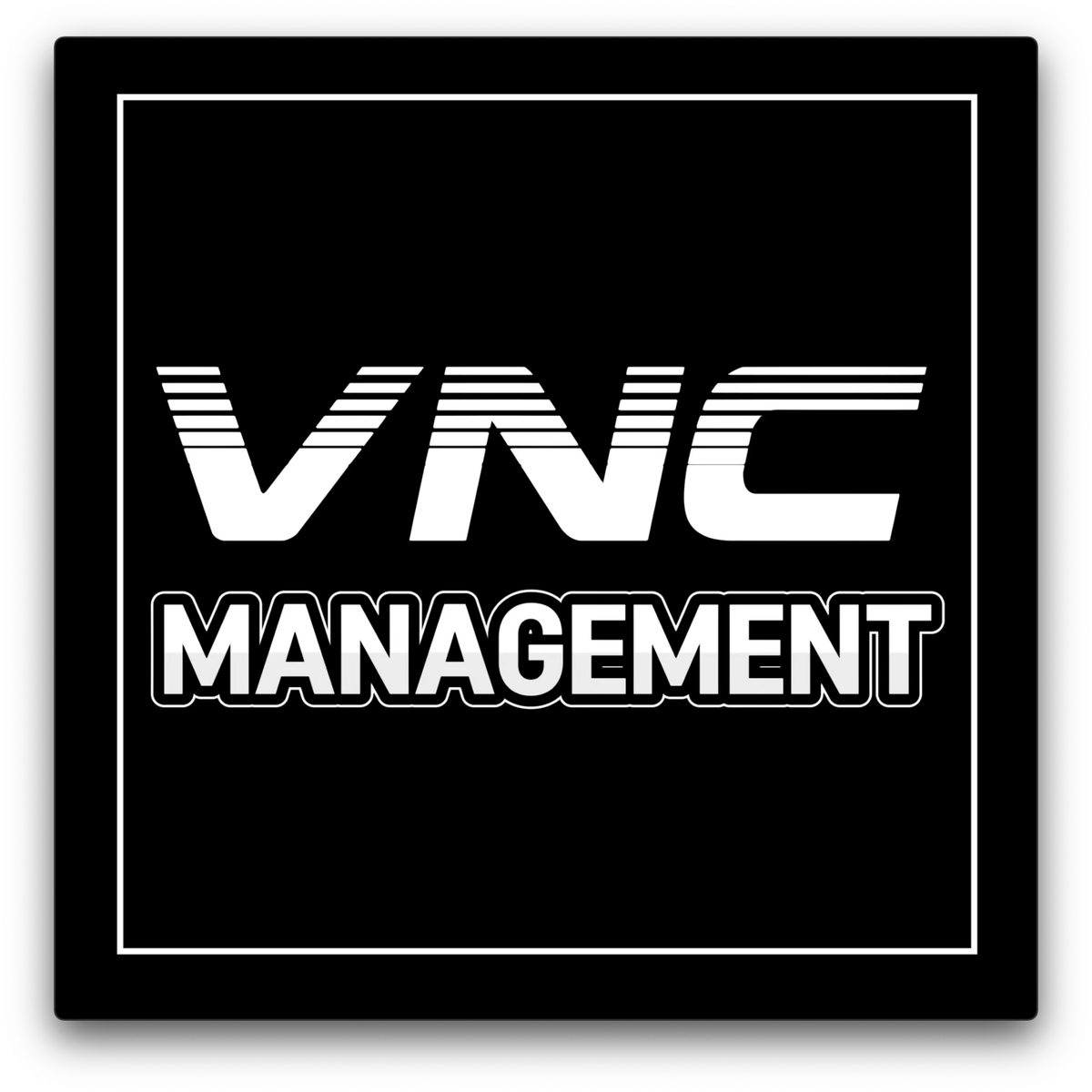Connecting to a computer from somewhere else can be incredibly handy, giving you a way to access your files or run programs without being right there. One common way people do this is by using something called VNC, which lets you see and control another computer's screen as if you were sitting in front of it. It is, you know, a very convenient tool for many folks, whether for work or just helping a friend out with their machine. But here's the thing: while it offers a lot of ease, how you set it up really matters for keeping your digital world safe.
Leaving VNC connections wide open, or not thinking about who might be watching, can lead to some pretty unwelcome surprises. It's almost like leaving your front door unlocked when you go out; anyone could just walk in and look around, or worse, mess with your stuff. So, if you're using VNC, or thinking about using it, making sure it's set up with some good protective measures is a really smart move. This can stop unwanted visitors from getting a peek at your private information or, you know, doing things on your computer you definitely wouldn't want them to.
This guide is here to walk you through some straightforward ways to put a shield around your VNC setup. We'll chat about why these steps are important and how you can actually put them into action, making your remote access much more secure. You'll find out how to make those connections a bit more private, so you can feel better about using VNC for all your needs.
- Is Joanna Gaines Sick In Real Life
- Rapunzel Live Action Latest
- Kemiru Haku
- How To Use Access Raspberry Pi Behind Router
- Raspberry Remote Access Software
Table of Contents
- Why Think About Securing VNC Connections?
- What's the Big Deal with Open VNC?
- How Can We Make VNC Safer?
- Basic Steps for Securing VNC Connections
- Are There Better Ways to Connect?
- What About VPNs for Securing VNC Connections?
- Using SSH Tunnels for Securing VNC Connections
- Keeping Your VNC Setup Safe Over Time
- A Quick Look at VNC Security
Why Think About Securing VNC Connections?
When you reach out to control a computer from afar using VNC, you're essentially creating a window into that machine. It's a bit like having a remote control for your TV, but for a whole computer system. This convenience, however, carries a certain kind of risk if you don't take some simple precautions. You know, without proper protection, that window could be open for anyone to peek through, or even step right in. This is why giving some thought to securing VNC connections is a really important thing to do for anyone who uses this kind of setup.
Think about all the personal things stored on your computer: family photos, important documents, maybe even bank details or work-related stuff. If someone gets access to your VNC connection, they could potentially see all of that. They could, you know, poke around your files, copy things, or even install unwanted programs without you knowing. So, making sure your VNC connection is locked down isn't just about keeping strangers out; it's about protecting your private life and keeping your digital space just for you.
What's the Big Deal with Open VNC?
Some folks might wonder, "What's the real harm in just leaving VNC as is?" Well, the issue is that VNC, by itself, doesn't always come with the strongest protective features built right in. Many older versions, for instance, might send your password or everything you do on screen without any scrambling. This means that if someone is, say, watching your internet traffic, they could potentially grab your password or see what you're doing. It's like having a conversation in a crowded room where everyone can hear you, and you're sharing secrets. That's why considering the risks and taking steps for securing VNC connections is so necessary.
- Beegin
- Undressaicom
- Securely Connect Remoteiot P2p Ssh Raspberry Pi
- Iot Notification
- Bianca Censori Plastic Surgery
Another thing to think about is how easily some VNC setups can be found by others. There are tools out there that can scan the internet for open VNC ports, basically looking for those unlocked windows. If your VNC server is just sitting there, waiting for any connection without a proper guard, it's pretty much an invitation for anyone to try to get in. So, to be honest, the big deal is that an open VNC can quickly become an open door for people with bad intentions, which nobody wants for their personal computer or network.
How Can We Make VNC Safer?
Making your VNC setup more secure doesn't have to be a big, complicated task. There are several straightforward steps you can take that make a world of difference. It's all about adding layers of protection, a bit like putting a deadbolt on your door after you've already locked it. These layers work together to make it much harder for anyone who shouldn't be there to get in. So, let's talk about how we can make those connections a lot safer for everyone using them.
Basic Steps for Securing VNC Connections
One of the very first things you can do for securing VNC connections is to make sure you're using a password that's really hard for others to guess. Forget about using your birthday or "password123." You want something long, with a mix of different types of characters – big letters, small letters, numbers, and those funny symbols. A password that's at least 12 to 16 characters long is a pretty good start. This makes it incredibly difficult for someone to just try a bunch of common words until they hit on yours. Basically, a strong password is your first line of defense.
Another important step is to make sure your VNC software is always up to date. Software makers often find little weaknesses or ways to make their programs better, and they release updates to fix these things. If you're using an old version, you might be leaving yourself open to problems that have already been fixed. So, regularly checking for and installing updates is, you know, a simple way to keep your VNC connection as protected as possible. It's like getting the latest security system for your house; you wouldn't want to rely on something from years ago.
Also, consider changing the default port VNC uses. Most VNC setups listen for connections on a specific port number, often 5900 or 5901. Think of this port number as a specific entrance to your computer. If everyone knows the main entrance, it's easier for them to try to get in. By changing this port to something less common, you make it a bit harder for automated scans to even find your VNC server in the first place. It's not a foolproof solution, but it definitely adds another hurdle for anyone looking for easy targets. This is just another small but helpful part of securing VNC connections.
And then there's the idea of limiting who can even try to connect. Some VNC server programs let you set up a list of specific computer addresses that are allowed to try to get in. If a connection attempt comes from an address not on that list, it's simply turned away. This is a bit like having a guest list for a party; only those on the list are even allowed to knock on the door. It's a good way to really tighten things up, especially if you only ever connect from one or two known places.
Are There Better Ways to Connect?
While the basic steps are a great start, there are even more robust ways to connect to your VNC server that add a much higher level of protection. These methods involve creating a secure tunnel or pathway for your VNC traffic to travel through, making it very difficult for anyone to intercept or understand what's going on. They essentially wrap your VNC connection in a protective layer, so, you know, everything stays private. These are definitely worth looking into if you want to be extra careful about securing VNC connections.
What About VPNs for Securing VNC Connections?
Using a Virtual Private Network, or VPN, is one of the best ways to keep your VNC connection safe. A VPN creates a private, encrypted link between your computer and the network where the VNC server lives. Think of it as building a secret, underground tunnel between two points. All your internet traffic, including your VNC connection, travels through this tunnel, completely hidden from anyone on the outside. This means that even if someone were to somehow intercept your VNC data, it would just look like scrambled nonsense to them. You know, it's a very effective way to make sure your information stays private.
When you use a VPN, you connect to the VPN server first, and then from there, you connect to your VNC server. This setup means your VNC server doesn't even need to be directly exposed to the wider internet. It can sit safely behind your network's firewall, only accessible to those who have first established a connection through your VPN. This layering of protection is incredibly powerful for securing VNC connections, making it a favorite choice for businesses and individuals who really care about their online privacy.
Using SSH Tunnels for Securing VNC Connections
Another really good option for making your VNC connection secure is to use an SSH tunnel. SSH stands for Secure Shell, and it's a way to connect to a computer securely, usually for running commands. But it can also be used to create a secure pathway for other types of connections, like VNC. It's a bit like creating a private, locked tube through which your VNC traffic can flow. This tube is, you know, very tightly sealed and scrambled, so no one can see what's inside.
Here's how it generally works: you set up an SSH connection to a computer on the same network as your VNC server. Then, you tell the SSH connection to forward a specific port from your local computer to the VNC port on the remote computer. So, when you connect your VNC client to a port on your own machine, the SSH tunnel takes that connection, scrambles it up, sends it through the secure SSH link, and then delivers it to the VNC server on the other end. This means your VNC traffic never actually travels over the open internet in an unprotected way, which is a great step for securing VNC connections.
Setting up an SSH tunnel might sound a little more technical than just using a password, and it is, just a little. But there are plenty of guides out there that can walk you through the steps. Once it's set up, it provides a very strong layer of protection for your VNC sessions. It's especially handy if you don't have a VPN available or if you only need to connect to a single VNC server. It's a really smart way to add a lot of security without needing a whole lot of extra software.
Keeping Your VNC Setup Safe Over Time
Making your VNC connection secure isn't just a one-time thing; it's something you need to keep an eye on over time. Just like you'd check the locks on your house every now and then, you should periodically check your VNC setup to make sure it's still doing its job. Things on the internet can change, and what was safe yesterday might need a little tweak today. So, you know, staying aware and making small adjustments is key.
One good habit to get into is to regularly review who has access to your VNC server. If someone no longer needs to connect, or if a password has been shared, it's a good idea to remove that access or change the password. It's a bit like cleaning out your old contact list; you want to make sure only the right people are still on it. This helps keep the circle of people who can connect very small and controlled, which is a simple yet effective part of securing VNC connections.
Also, pay attention to any messages or warnings your VNC software might give you. Sometimes, programs will tell you if there's a problem or if an update is available. Ignoring these messages can mean missing out on important fixes that keep your connection safe. It's like when your car's "check engine" light comes on; you really should pay attention to it. So, just a little bit of regular checking can go a long way in maintaining the safety of your VNC access.
A Quick Look at VNC Security
So, we've talked about a few ways to make your VNC connections more secure, and honestly, it's not too hard to put these ideas into action. We started with the basics, like picking a really strong password and making sure your VNC software is always the latest version. We also touched on changing the default connection port and limiting who can even try to connect, which are simple steps that add a good layer of protection. These are, you know, the first things to think about when you're setting things up.
Then, we explored some even stronger methods, like using a VPN or an SSH tunnel. These options create a private, scrambled path for your VNC traffic, making it much harder for anyone to see or interfere with what you're doing. Using a VPN means your VNC server doesn't even have to be directly exposed to the internet, while an SSH tunnel offers a secure, direct link for your VNC session. Both are very good ways to boost the protection of your remote access.
Finally, we chatted about the importance of keeping an eye on your VNC setup over time, like regularly checking who has access and keeping your software updated. It's all about staying aware and making small adjustments as needed. By taking these steps, you can use VNC with a lot more peace of mind, knowing that you've put in the effort for securing VNC connections, keeping your computer and your information much safer from unwanted eyes.
Related Resources:



Detail Author:
- Name : Bradford Goodwin
- Username : leannon.domenica
- Email : zula18@gmail.com
- Birthdate : 2000-03-31
- Address : 4346 King Streets Suite 576 Riceborough, IA 03350
- Phone : +1-352-600-7807
- Company : West Inc
- Job : Landscape Architect
- Bio : Est fugit aut quia et eius. Ut pariatur omnis reprehenderit praesentium. Dolores dolores magnam nulla placeat eaque omnis soluta nulla. Non sed ut optio aliquam nobis.
Socials
tiktok:
- url : https://tiktok.com/@winnifred.lehner
- username : winnifred.lehner
- bio : Aut maxime rerum cum dolorem est nam.
- followers : 3902
- following : 2232
instagram:
- url : https://instagram.com/winnifred_official
- username : winnifred_official
- bio : Occaecati aliquid illo autem veritatis. Aut fugiat doloribus eligendi quos eos.
- followers : 6337
- following : 2429
facebook:
- url : https://facebook.com/winnifred_dev
- username : winnifred_dev
- bio : Ipsam voluptatem nemo asperiores omnis aut.
- followers : 3359
- following : 2101